Social data expert Geoffrey Colon maintains that traditional marketing is dead, so he outlines a different path: “disruptive marketing.” Colon explains what disruptive marketing is, how it works, and how companies can use it to promote their products and services. He does an admirable job of explaining disruptive marketing, even though this innovative tactic “changes by the millisecond.” Colon pays particular attention to how you can use disruptive marketing’s advanced analytical and creative tools to support your marketing efforts. getAbstract recommends his insightful tactics to businesspeople who suspect that their current marketing efforts are missing the mark.
“Disruptive Marketing”
The business world’s current transformation echoes the disruptive renewal of the early 19th-century Industrial Revolution. Technological advances, Internet development, and the rise of social and digital media are all contributing to the radical pace of change. These disruptors replace the old order. If you have products or services to sell in this new environment, turn to disruptive marketers, the creative and analytical experts who are setting the pace.
Disruptive marketers include “data punks, designers” video producers, statisticians, psychologists, “start-up data scientists” and “outsider marketers,” as well as other cutting-edge professionals – all with “hacker personalities.” Disruptive marketers would agree with David Packard, co-founder of Hewlett Packard, who said, “Marketing is too important to be left to the marketing department.”
Disruptive marketers approach marketing from a new perspective. They focus on the “customer experience” and “social business models,” not “hierarchical” organizational charts. They adapt to the often-confusing nexus of “business, human behavior, technology and communications.” Many lack MBAs, but...









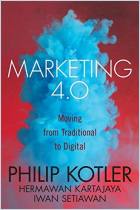
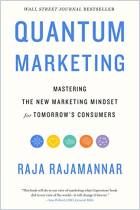
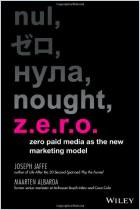
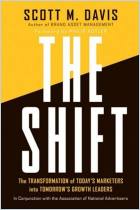
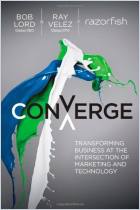
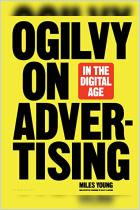



Comment on this summary or Iniciar a Discussão
For example, the statement that “most business traditionalists can’t make the transition to the new state of marketing” is a fairly bold claim without much evidence to back it up (in the summary at least).
Whereas, in reality, all the author is doing is describing the radical shift underway in the discipline of marketing itself. A change that’s been underway for at least the last 10 to 20 years.
***
One very good thing – I have never come across Alvin Toffler’s Future Shock (1984) and the phrase “learn, unlearn, relearn”.